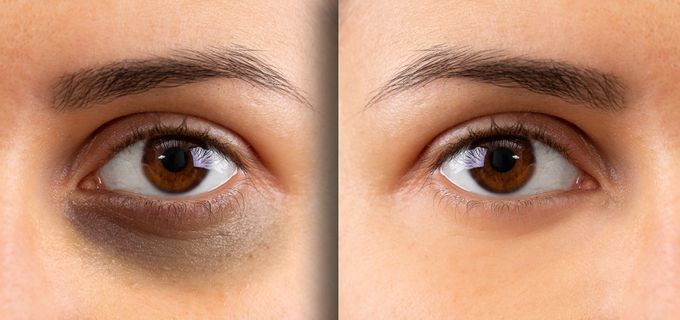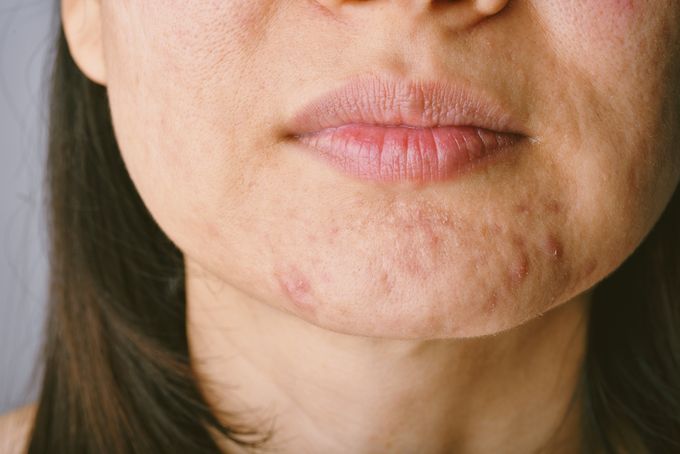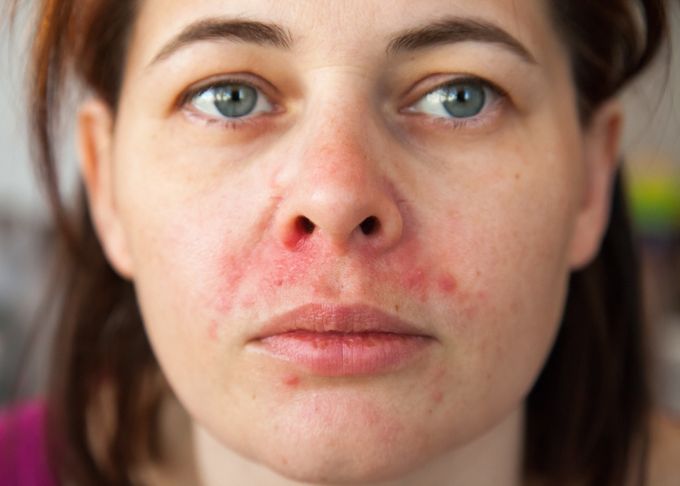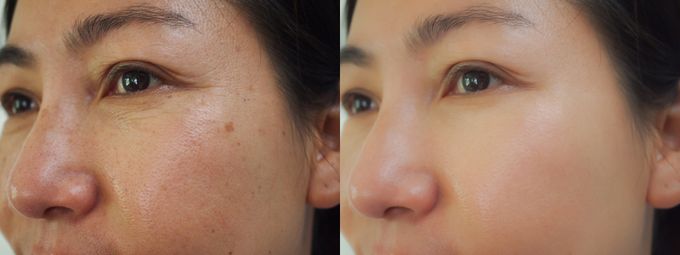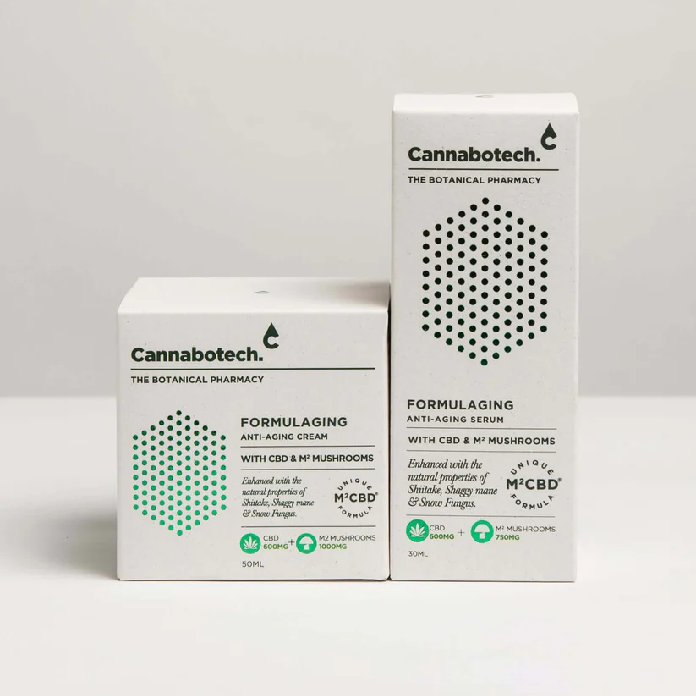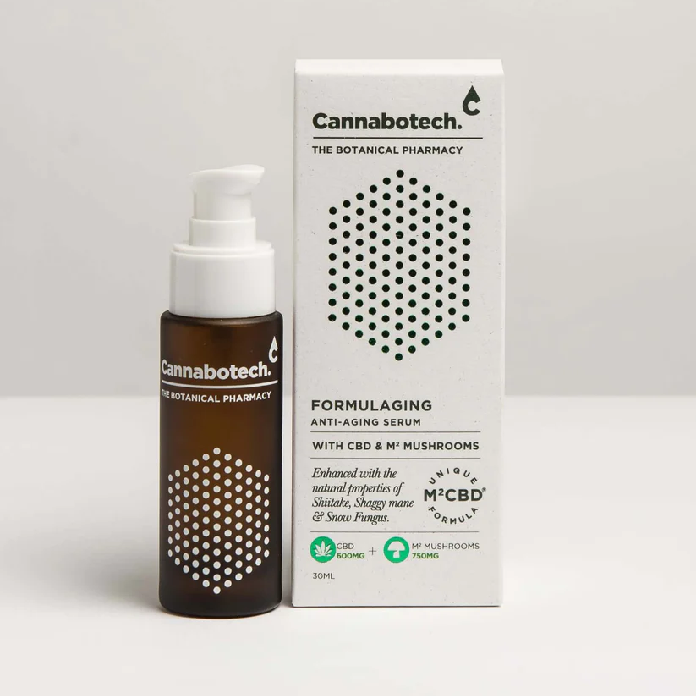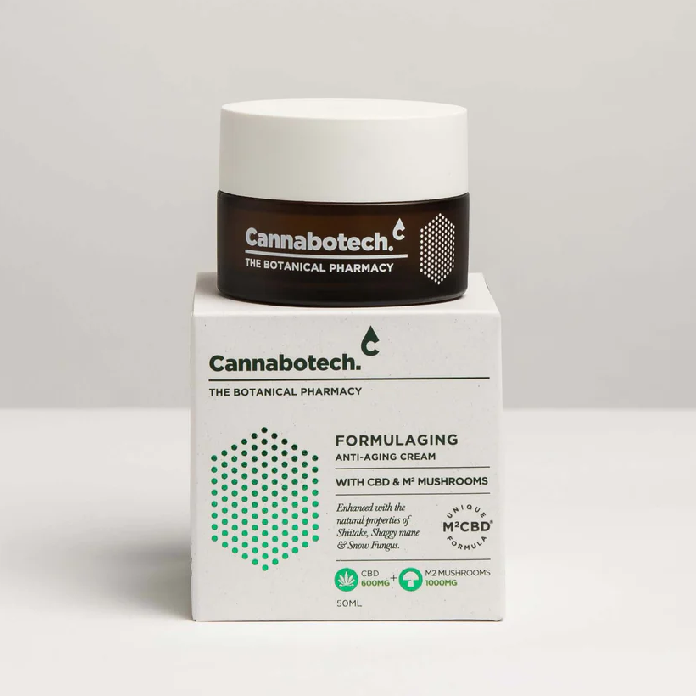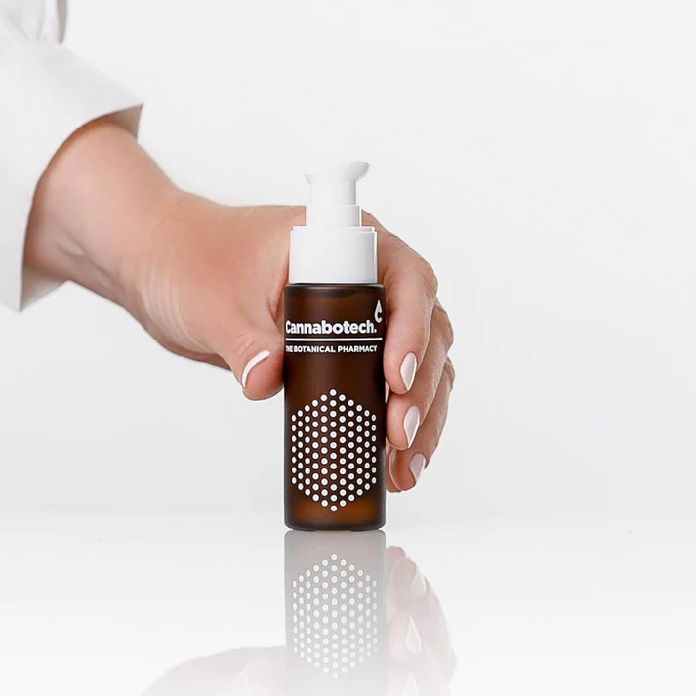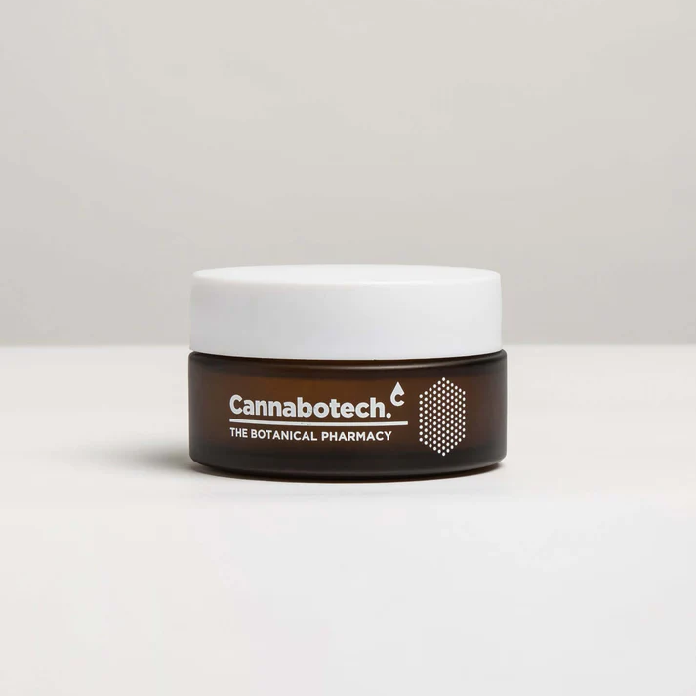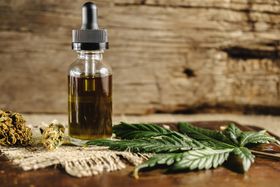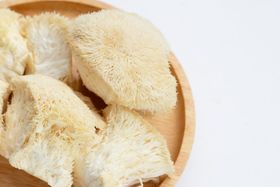Your Face Under Stress—4 Physical Changes You Can't Miss
Published February 4, 2023.
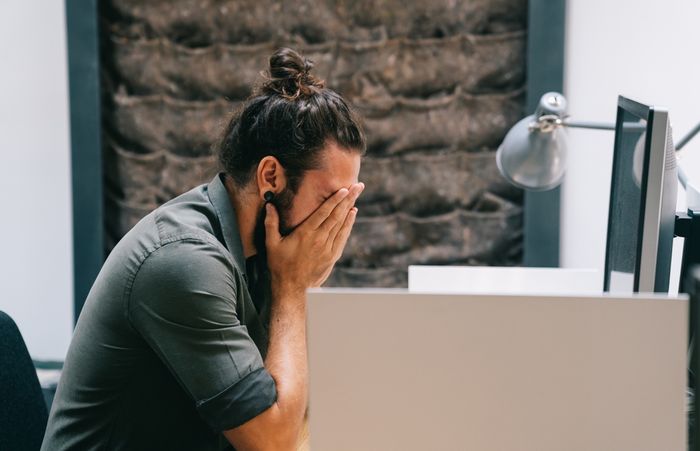
Attempting to balance our professional and personal life can get quite stressful while dealing with your spouse, kids, boss, bills, housework, and everything else. Some stress is inevitable, but it's essential that people understand the impact that it causes and how they should go about managing and reducing it. Healthy eating, regular exercise, hobbies, having a good time with friends, and getting enough sleep are all great ways to reduce stress.
Chronic stress affects your appearance with undesirable changes in your skin and hair. It can also lead to health issues such as high blood pressure, heart disease, and so on. However, what is much less spoken about is the physical changes to your appearance that can be caused by stress. This article looks specifically at those changes and what you can do to combat them.
1. Under-Eye Bags
Stress affects sleep quality and duration, which can often lead to under-eye bags and dark circles. When fluid pools below the lower eyelid area, this results in puffy eyes. Sleeping on your stomach can make this even worse.
To prevent under-eye bags, you should improve your sleep habits and get at least 7-8 hours of uninterrupted quality sleep.
For some quick relief, you can try holding a cold compress or wet tea bags under your eyes.
How to Get Enough Quality Sleep
- Get some exercise Regular exercise can help you improve your sleep quality (1).
- Avoid bright or blue lights at night Shut off all electronic devices an hour before going to bed as these emit blue light which disrupts melatonin production (2).
- Avoid caffeine Limit your caffeine intake during the day and have that last cup of coffee at least 10 hours before bedtime.
- Avoid alcohol at bedtime Alcohol may help you fall asleep faster, but it leads to poor sleep quality. You'll sleep fitfully and wake up feeling worse.
- Sleep aid supplements Try using some natural supplements for a relaxing sleep.
2. Acne
One truly unwanted side effect of stress is emerging or worsening acne. This can occur from two pathways:
- When we get stressed, cortisol (the stress hormone) is released to help us manage. However, when cortisol remains elevated for an extended period, it can upset our hormone balance and lead to acne breakouts.
- The microbiome balance between the good and bad gut bacteria can also be affected, which, in turn, triggers even more acne.
Acne seriously affects a person's appearance and can make them lose their self-confidence.
How to Prevent Stress Acne
Here are some ways to prevent or manage stress acne:
- Meditation Reflect on your day with positive energy and focus on your breathing.
- Proper nutrition Be sure to have balanced meals that contain enough protein, healthy fat, and non-processed foods.
- Hydration Drink lots of water and try some moisturizing creams and lotions.
» Need a great moisturizing lotion? Take a look at Skinteen
Skinteen is a skin control lotion that reduces excess oiliness and the appearance of blemishes on your skin. It can be used for dealing with blackheads and pimples as it contains stress-reducing CBD oil and functional mushrooms such as Reishi, Enokitake, Shiitake, and Turkey Tail, which all contain anti-inflammatory properties and are rich in vitamins, minerals, and antioxidants (3)(4).
3. Dry and Swollen Skin
Did you know that being stressed can cause your skin to get dry and swollen? Stress manifests itself in different ways and itchy, inflamed skin is just one of them.
Stress can trigger many skin disorders such as psoriasis and eczema.
How to Keep Your Skin Hydrated
Here are some effective ways to keep your skin hydrated:
- Drink more water
- Spend less time in the shower
- Drink less soda and coffee
4. Wrinkles
Stress causes us to crunch up our foreheads and eyes in worry. Doing this frequently causes these creases to set in permanently, leading to deeper wrinkles over time.
Stress also affects the proteins in your skin, causing a reduction in skin elasticity and contributing to wrinkle formation. Excess cortisol reduces collagen production, reducing our skin's ability to remain firm and youthful.
How to Reduce Wrinkles
While aging and wrinkle are inevitable as we grow older, we can slow down the formation of wrinkles by following these tips:
- Practice mindfulness and meditation
- Pay attention to your facial expressions and train your muscles to relax
- Massage your skin gently
- Try natural creams and supplements
Don't Let Stress Control Your Life
For many people, stress is the dominant feeling throughout most of their lives, but they don't realise the number of things they can do to reduce its impact. Letting stress dictate your life will lead to inevitable negative changes to your physical appearance, all of which can be mitigated with the right techniques and principles.
Though there are many natural supplements and lotions that can target the specific symptoms of stress, none can treat the root cause of the issue. Learning how to cope with the stresses in your life is essential to truly tackling the symptoms. Thankfully, there are numerous things you can do in the comfort of your own home to do so.



